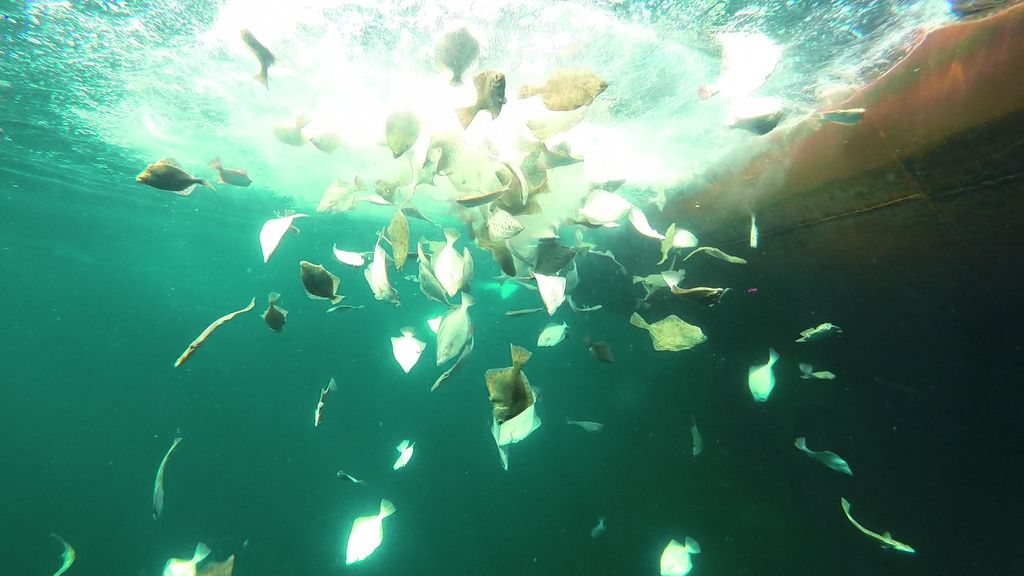The new EU landing obligation is introduced for Baltic Sea fisheries first: Discarding of cod, herring, sprat and salmon is prohibited since January 2015, the new rules will apply to plaice (as last TAC-regulated species in the area) by 2017. At this point at the latest, all catches have to be counted against the quotas, and a fishery has to be stopped as soon as the first quota has been exhausted and bycatches of this species are still possible. It is generally assumed that the restrictive quotas for Baltic plaice will choke the cod fisheries in the area. In a study commissioned by the European parliament, we analysed for the first time in detail which fisheries will be affected: All mixed demersal fisheries in the Baltic except the Danish and Polish ones might be choked. In a second step we investigated various options for mitigation and developed a decision tree which puts the options in a sequence with respect to the aims of the reform of the EU common fisheries policy. This structured approach could also be applied to fisheries outside the Baltic Sea.
For the Baltic Sea fisheries, we could demonstrate that plaice does not obstruct the use of the cod quotas, if the solutions were applied. Apart from quota swaps (which are already conducted), improving the gear selectivity seems to have the highest potential: pretty cheap modifications of the gear may reduce unwanted flatfish bycatch by up to 80%. The introduction of the landing obligation aims at creating the right incentives for these improvements; drawing on exemptions (such as perceived high survival rates of specific species) would reduce these incentives and thus be in conflict with the aims of the reform.
The study is available here on the website of the EU parliament (pdf-document).

![[Translate to English:] [Translate to English:]](/media/_processed_/d/7/csm_Startseite-OF_03_c0dfd6e750.png)
![[Translate to English:] [Translate to English:]](/media/_processed_/a/3/csm_20181116-151457-Stella-Jerome-Fischfalle-Warnem%C3%BCnde-Dorsche-im-Netzk%C3%A4fig-5691_heller_3050c72fa2.png)






